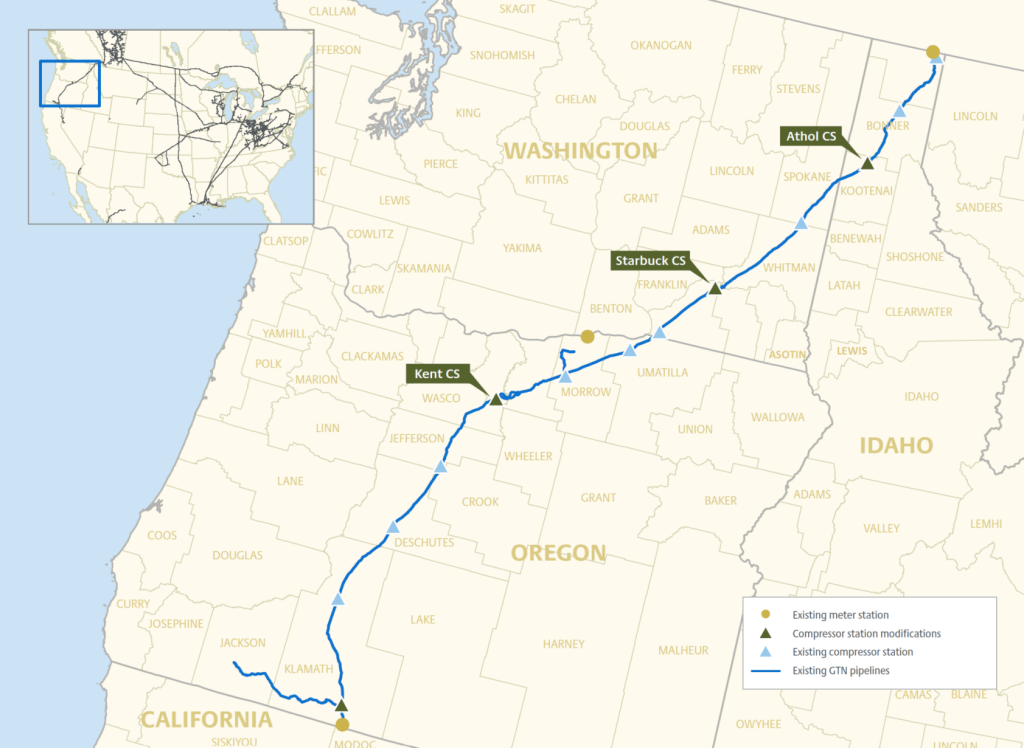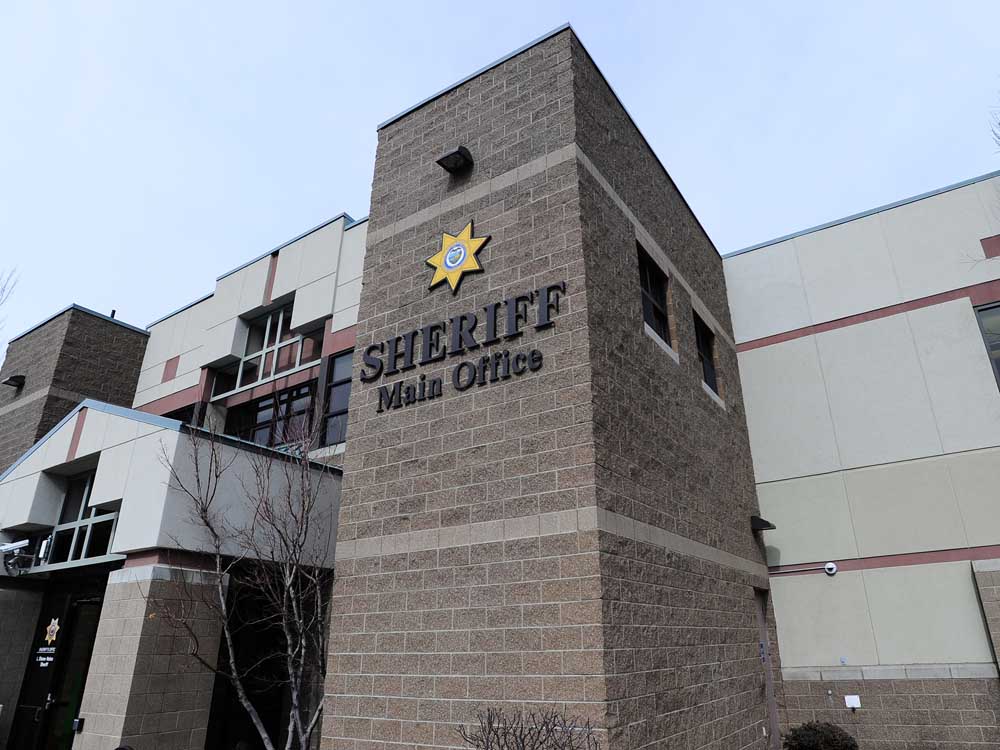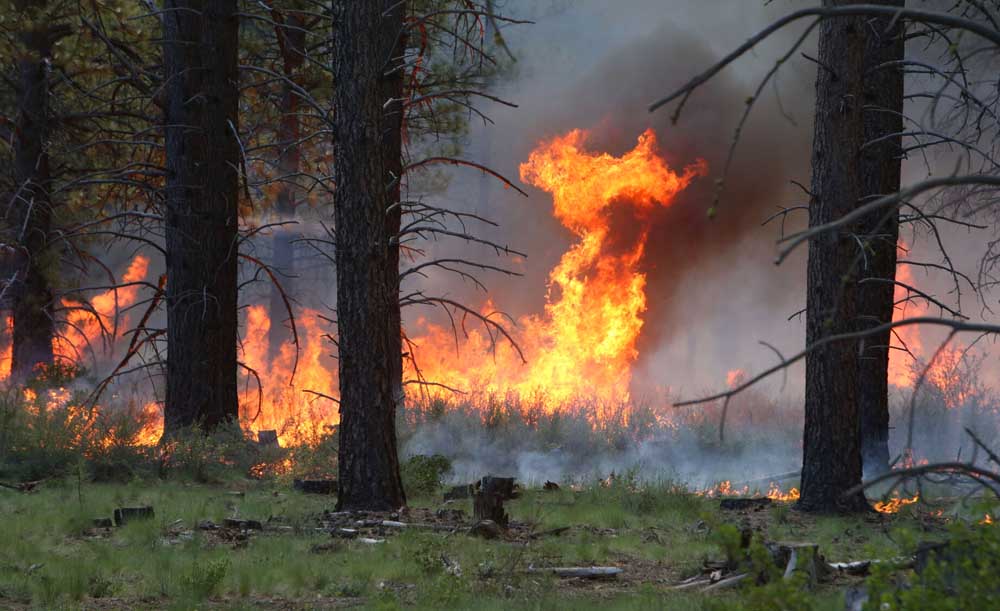West Coast states tell FERC to rescind OK of gas pipeline
Published 8:30 am Tuesday, December 5, 2023

- A map of the GTN Express pipeline, which runs from the U.S.-Canada border to Southern Oregon.
West Coast states are asking federal energy regulators to retract their approval of a natural gas pipeline expansion, arguing their climate laws should block projects that increase the interstate flow of fossil fuels.
Oregon, Washington and California complain the Federal Energy Regulatory Commission slighted their legal commitments to slash greenhouse gases. A FERC report called Washington’s emission-reduction law a “goal.”
Trending
“These limits are not merely a ‘goal,’ but a statutory limit on emissions that Washington must take steps to achieve,” according to a petition from Washington Attorney General Bob Ferguson’s office.
FERC commissioners in October approved TC Energy’s application to push more natural gas from Western Canada through a 1,377-mile pipeline between the Idaho Panhandle and the Oregon-California border.
The expansion would allow for an additional 150 million cubic feet of methane through the pipeline per day.
Currently, the pipeline, which has been in operation since 1962, has the capacity for 2.7 billion cubic feet of natural gas per day.
Cascade Natural Gas, which serves parts of Central Oregon, Intermountain Gas. Co. and Tourmaline Oil Marketing have contracted to buy 100% of the newly available natural gas.
The pipeline could annually add up to 1.9 million tons of greenhouse gases, or less than 2% of current Washington emissions.
Trending
The figure overestimates actual emissions because the pipeline will operate at full capacity only during peak demand times, according to FERC.
FERC approves natural gas project fought by Democrats
West Coast AGs seek to block natural gas project
The project has become partisan. Idaho Republican lawmakers support it, while Washington and Oregon Democrats, such as Govs. Jay Inslee and Tina Kotek, oppose it.
FERC ignored Washington law and “our vision to decarbonize our economy and wean ourselves off dangerous, toxic methane gas,” Inslee said in November.
The four FERC commissioners have until late December to decide whether to reconsider.
At least one commissioner, Allison Clements, has shown sympathy for the West Coast states’ arguments.
In a post-vote statement, Clements said she was compelled to approve the project because of the commission’s “superficial approach” to assessing the need for natural gas projects.
FERC does not have the procedures or “seemingly the will” to study whether state laws and other government policies will reduce the need for natural gas, stated Clements, a Democrat.
”The commission should determine as a matter of policy how to consider and weigh relevant state laws, programs and administrative determinations in future certificate proceedings,” Clements wrote.
FERC Commissioner James Danly, a Republican, said in a statement explaining his position that states can pass laws affecting natural gas consumers, but FERC has jurisdiction over interstate transport of natural gas.
Utilities need the natural gas to meet peak winter demand, he wrote. “Such planning is more prudent than having local authorities pinning the reliability of their systems on rain dances and hopes for a mild winter.”
Northwest Gas Association Executive Director Dan Kirschner said Monday he doubts the petition will lead to FERC considering state climate laws in reviewing projects.
”They’re very process-oriented. They went through the process with this project,” he said. “FERC continues to pursue a well-trodden path. I would say it’s the appropriate path.”
Renewable natural gas could help Washington cut carbon emissions, but only if the pipelines and customers are there, Kirschner said.
”If you’re going to be a producer of renewable natural gas, on a dairy or the like, you will want a place for it to go and a market for it,” he said.
Washington law limits greenhouse gases to 5 million tons by 2050. The state emitted 102.1 million tons in 2019, according to the Department of Ecology’s most recent calculation.








